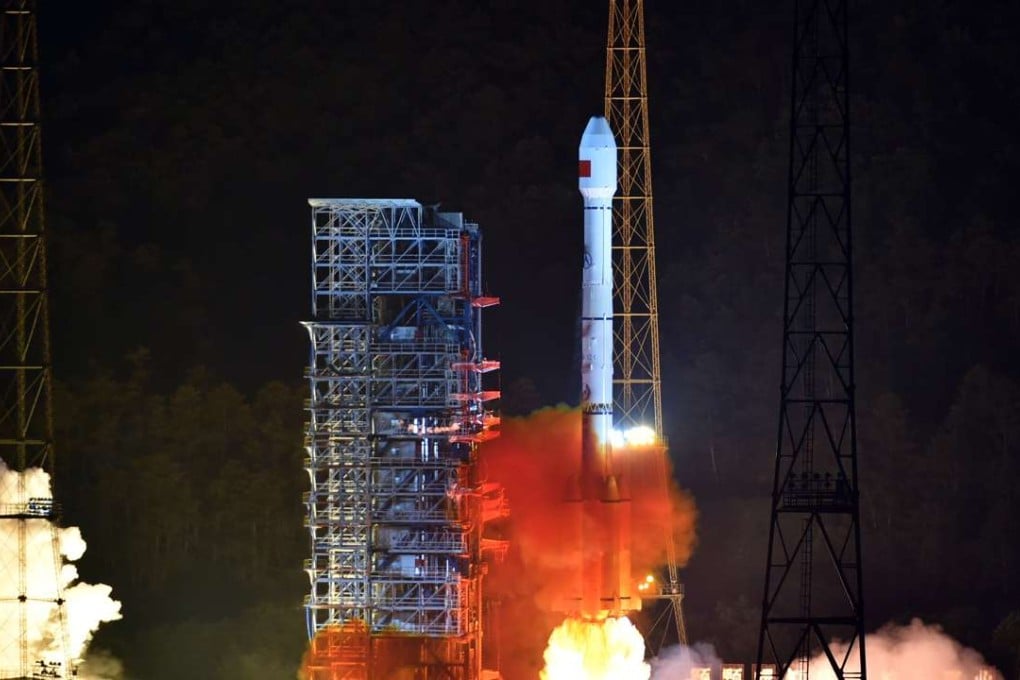China to massively increase accuracy of its GPS rival, with benefits for smartphone users ... and the military
Advances to Beidou system could help Beijing monitor marine traffic in South China Sea and tracking system would probably be adopted in HK, says satellite office director

China is to massively increase the accuracy of its home-produced satellite navigation system and one of its uses will be improved intelligence gathering in the South China Sea, according to a government official.
Tests of the upgraded system will be carried out at the end of the year.
A simple form of the Beidou system is installed on many Chinese-made smartphones. A more complex and accurate version of the system is already used by China’s government for intelligence gathering.
Ran Chengqi, director of the China Satellite Navigation Office, told a news briefing on Thursday that the current accuracy of the system was about 10 metres for mobile phones, but this would be massively improved for all systems and would benefit civilians users and the government and military.
China adds two more satellites to its homegrown GPS rival
“It will be a change from 10 metres, to decimetres, to centimetres,” Ran said. This equates to a several hundred-fold increase in accuracy.